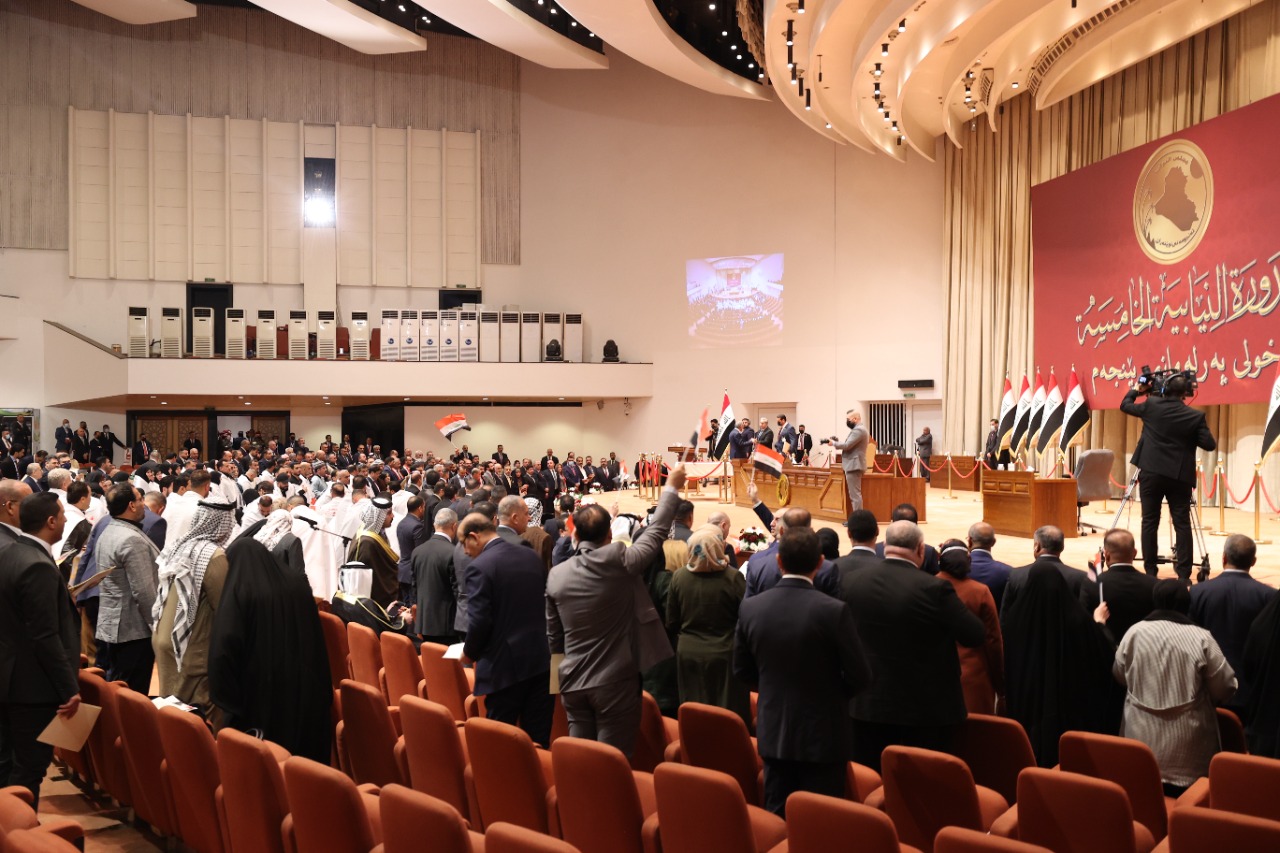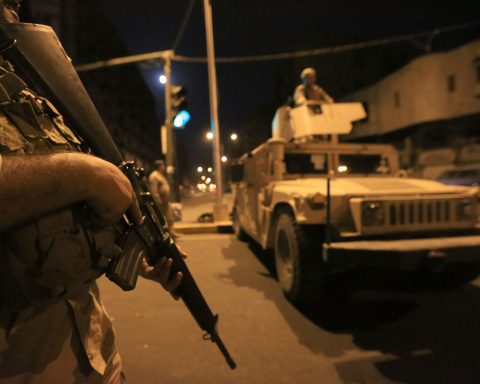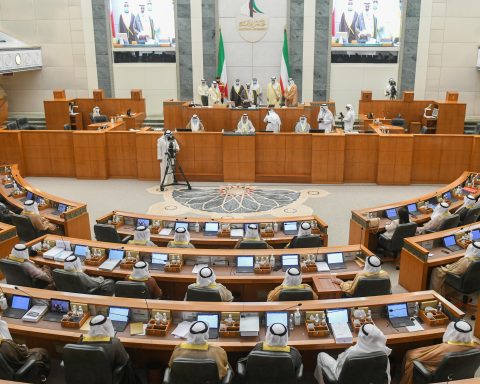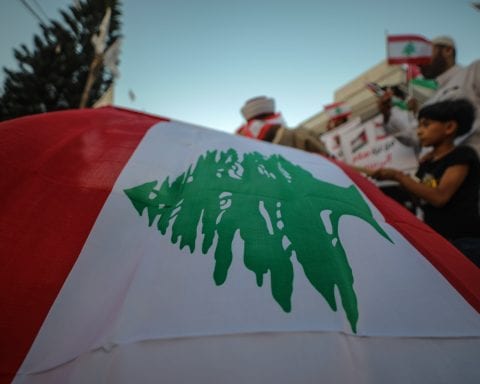Although more than four months have passed since the general elections in Iraq, the Prime Minister still has not been elected. Ahead of government formation, a president needs to be elected. Iraq’s federal supreme court has rejected the presidential bid of the Kurdistan Democratic Party (KDP) candidate, Hoshyar Zebari, on February 13 as he was impeached from his position as finance minister of Iraq in 2016. The process commenced with the complaints of KDP’s rival, the Patriotic Union of Kurdistan (PUK), which nominated incumbent President Barham Salih for the presidency post.
Following the US invasion in 2003, the Iraqi government was formed along ethnic and sectarian lines, with the Kurds receiving the presidency, the Shiites the prime minister, and the Sunnis the parliamentary speaker post. Due to the rejection of pro-Iranian groups, Iraq’s October 10 parliamentary election results could not be approved by the supreme court until the end of December, and the prelude of the government formation process was delayed.
The fact that the Kurds have not reached a consensus on the president has delayed this process even more. Moreover, after most major political blocs boycotted the session on 7 February, Iraq’s parliament postponed a scheduled vote for the president indefinitely. The president must task the largest bloc in parliament with forming the government within 15 days of being elected. The Shiite prime minister will have a month to form the government. In other words, the formation of the government depends on the determination of the president given to the Kurds.
Sadr versus Barzani?
A total of 60 people has submitted applications to run for the presidency. Apart from the KDP and the PUK, the two major Kurdish parties, the New Generation Movement -a Kurdish opposition party- has named its own presidential candidate. However, the bitter row between the two major Kurdish parties is quite fierce. KDP leader Masoud Barzani insisted on Zebari’s candidacy for Iraqi political groups. It was claimed that Muqtada al-Sadr, one of Iraq’s most influential Shiite political figures, asked Barzani to change his candidate, but the Kurdish leader was not convinced. Furthermore, it was reflected in the press that he was persistent on Zebari to Esmail Qaani, the chief commander of Iran’s Islamic Revolutionary Guard Corps-Quds Force. As a matter of fact, the insistence on Zebari disrupted the ongoing process in the government negotiations.
The government was expected to be formed between the election winner, Sadr Bloc (73 seats), the Sunni Sovereignty Alliance (67), and the KDP (31). Calling for the formation of a “national majority government” –a bloc must have over half of the seats in parliament – Sadr expressed that Iran-backed militias should disarm if they want to join. However, pro-Iranians support a “consensus government” in which most parties will be included, and government members would be responsible to their leaders first, then to the prime minister. Sadr abruptly declared that he had frozen negotiations with political groups during this process. Subsequently, expressing his concerns about Zebari, Sadr instructed his deputies to “boycott the presidential election session”. This instruction indicates that his alliance with the KDP during the government formation process is also on a knife-edge.
KDP is not backing down
While the de facto Kurdish Regional Government of Iraq (KRG) gained de jure status with the 2005 Constitution, the KDP’s Masoud Barzani has become KRG President, while PUK’s founding leader Jalal Talabani has taken the Iraqi presidency post, in accordance with their agreement. After Talabani served as president for two terms in 2005-2014, Fouad Massoum from the PUK held the post in the 2014-2018 period. Although this balance between the two parties was challenged in 2018 by the KDP’s presidential nomination of incumbent Foreign Minister Fuad Hussein, the candidate of the PUK, Barham Salih, was elected.
The KDP, which secured 31 seats in the last elections, aims to obtain the presidential post based on its superiority in representation in the KRG and the Iraqi Parliament compared to the PUK, which has 17 seats. However, the PUK claims that the KDP took steps individually and against the will and unity of the Kurdish people. Negotiations between the two rivals since the pre-election period did not yield any results regarding the nomination of a single candidate. As a matter of fact, after the federal court quashed the candidacy of Zebari, the presidential candidacy process was started again for three days as of February 9, according to the statement made by the Iraqi Parliament Speakership. While some lawyers stated that the resumption of the nomination process was against the Constitution, this decision started a new debate in the country.
Even so, the KDP has nominated the KRG’s incumbent Interior Minister, Rebar Ahmed, as its candidate for the presidency following the ban on Zebari. This is a crystal-clear sign that the recent talks between Masoud Barzani and PUK Co-chair Bafel Talabani did not work, and the tension will continue.
Quo Vadis?
Despite close contacts with the KDP, Sadrists are in favor of the Kurdish consensus. On the other hand, pro-Iranian Shiite groups are warmly attracted to the PUK candidate, Barham Salih. However, the votes of pro-Iranians are not enough for Salih to be re-elected. Because, according to Iraq’s federal supreme court, the president must be elected by two-thirds of the 329-seat Parliament. In this case, the way for Salih to be elected is through cooperation with Sadrists and Sunnis. Also, the new candidate of the KDP should at least get support from both Sadrists and Sunnis.
Sadr appears unable to bypass the KDP in the presidency and align with pro-Iranians, despite his insistence on excluding pro-Iranian groups from the next government. In this respect, it is likely that the wait will take a little longer before the Kurds can reach a consensus on a single candidate or one of the candidates will reach the level of support that will qualify them to be elected. Although the PUK hopes to reach an agreement with the KDP on a single candidate point until the last moment, it may not be easy to revise Masoud Barzani’s negative perception of Salih.
Although it is stated that the alliance of the KDP with Sadr and Sunnis will not be challenged during the government formation talks, this alliance may fissure if Sadr prefers to support Salih due to the ongoing bitter presidential row. In this case, the possibility of the KDP withdrawing from the alliance may completely change the picture in the government formation process. However, a potential consensus of the KDP and the PUK on a single candidate may also bring the PUK closer to the alliance led by Sadr. This scenario further weakens pro-Iranian groups’ influence. If the Kurds fail to reach an agreement, it is inevitable that their power will further rupture, at least in the political arena in Baghdad.














